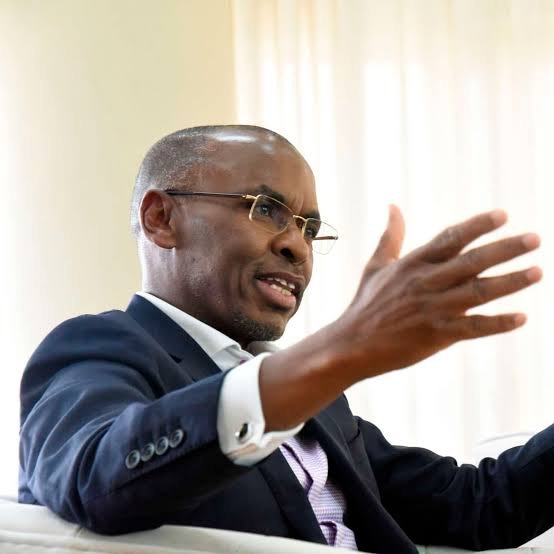
Safaricom PLC CEO Peter Ndegwa stunned delegates at the annual Judges Colloquium in Mombasa on Monday when he declared that he was “looking forward to a Kenya where everyone owns a smartphone in the next five years.”
The bold statement, delivered by the head of East Africa’s most profitable private entity, has triggered sharp debate on whether corporate leaders of Safaricom’s stature should make such sweeping claims without grounding them in economic and social reality.
Why It Falls Flat
Kenya’s mobile penetration is impressive, but the smartphone gap remains a stubborn challenge:
- Affordability: Even with budget handsets, millions of Kenyans live below the poverty line. For households struggling with food, rent, and school fees, a smartphone is a luxury, not a guaranteed possession.
- Connectivity Costs: Data charges and device maintenance add recurring expenses many can ill afford.
- Digital Divide: Rural areas, where poverty and limited infrastructure intersect, remain under-served, making universal smartphone access in just five years highly unrealistic.
Market data from the Communications Authority shows that as of 2024, smartphone penetration stood at roughly 68%.
Closing the remaining gap in five years would require unprecedented subsidies, policy interventions, or philanthropic outlays—none of which were mentioned in Ndegwa’s remarks.
Leadership Gaffe?
For a CEO whose company reported over Sh75 billion in net profit last year, the remark smacks of poor preparation or overzealous optimism.
The fact that the comment was made at a high-profile judicial gathering only magnifies the gaffe.
Critics are now questioning:
- Speech Preparation: Are Safaricom executives adequately fact-checking talking points before addressing elite national forums?
- Corporate Responsibility: Should the CEO of a market leader offer realistic solutions—such as affordable smartphone financing models—rather than blanket promises?
- Public Confidence: How does such rhetoric affect investor and consumer confidence in Safaricom’s long-term strategy?
Take Home ..:
Safaricom has long positioned itself as the driver of Kenya’s digital inclusion, from pioneering mobile money through M-Pesa to rolling out 5G.
But with its outsized influence comes the responsibility to communicate credibly.
Sweeping promises may ignite headlines, but without grounded policy, strategy, or investment roadmaps, they risk eroding trust among regulators, partners, and the millions of Kenyans whose daily realities don’t match boardroom visions.




